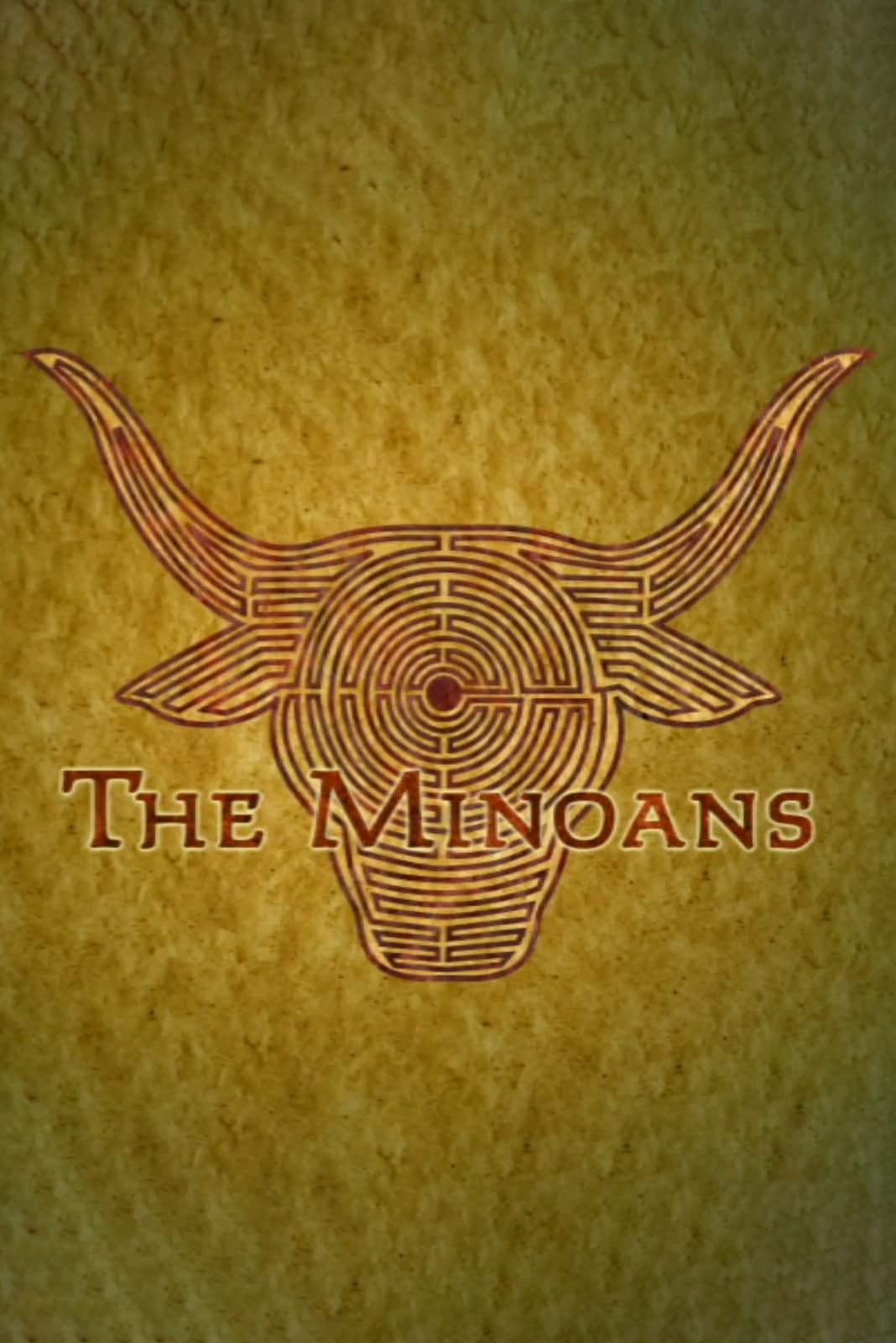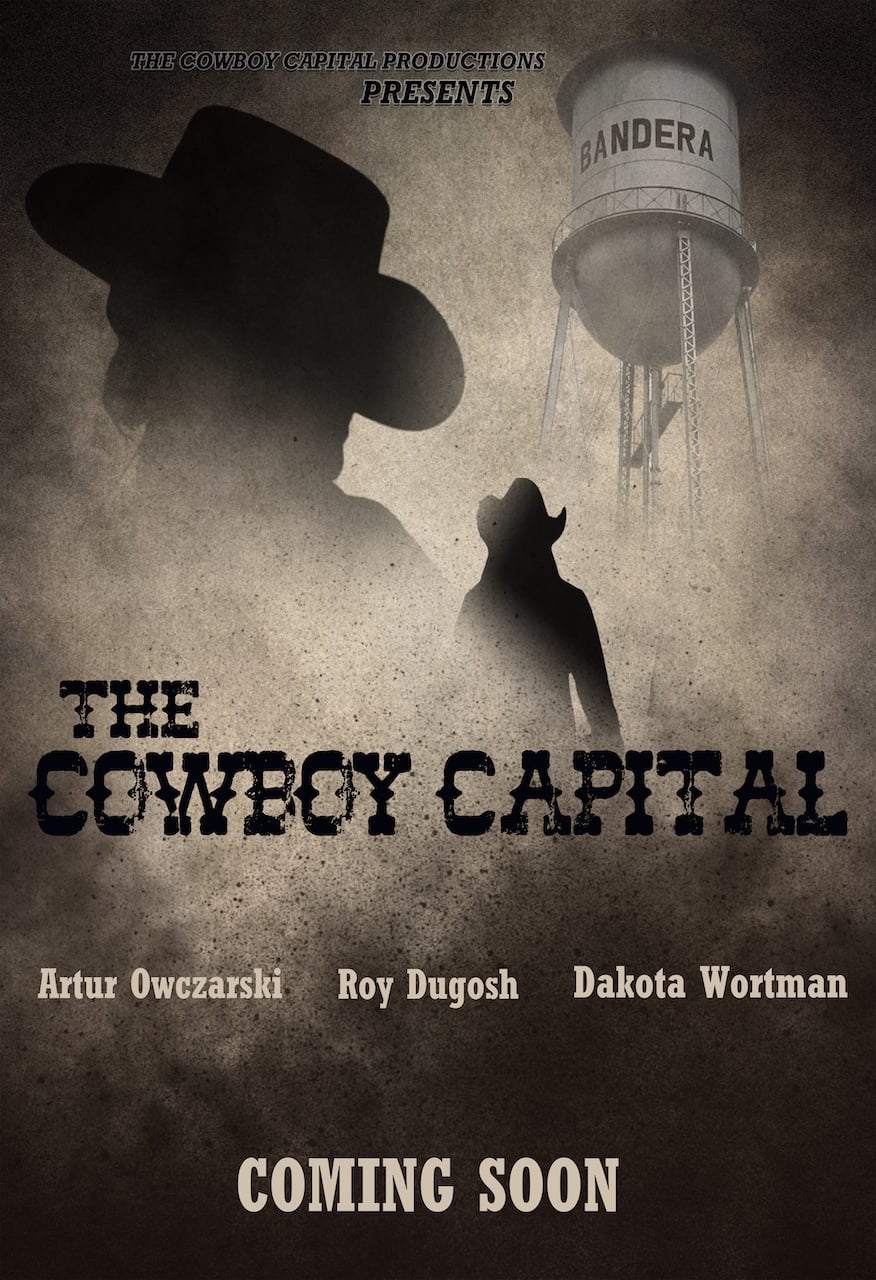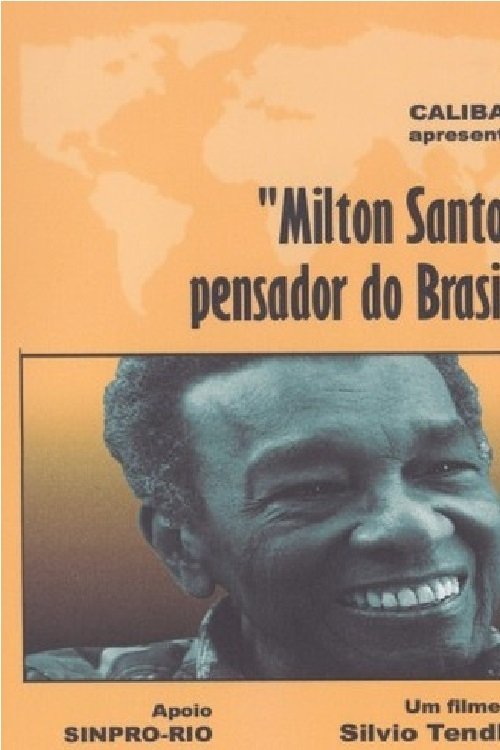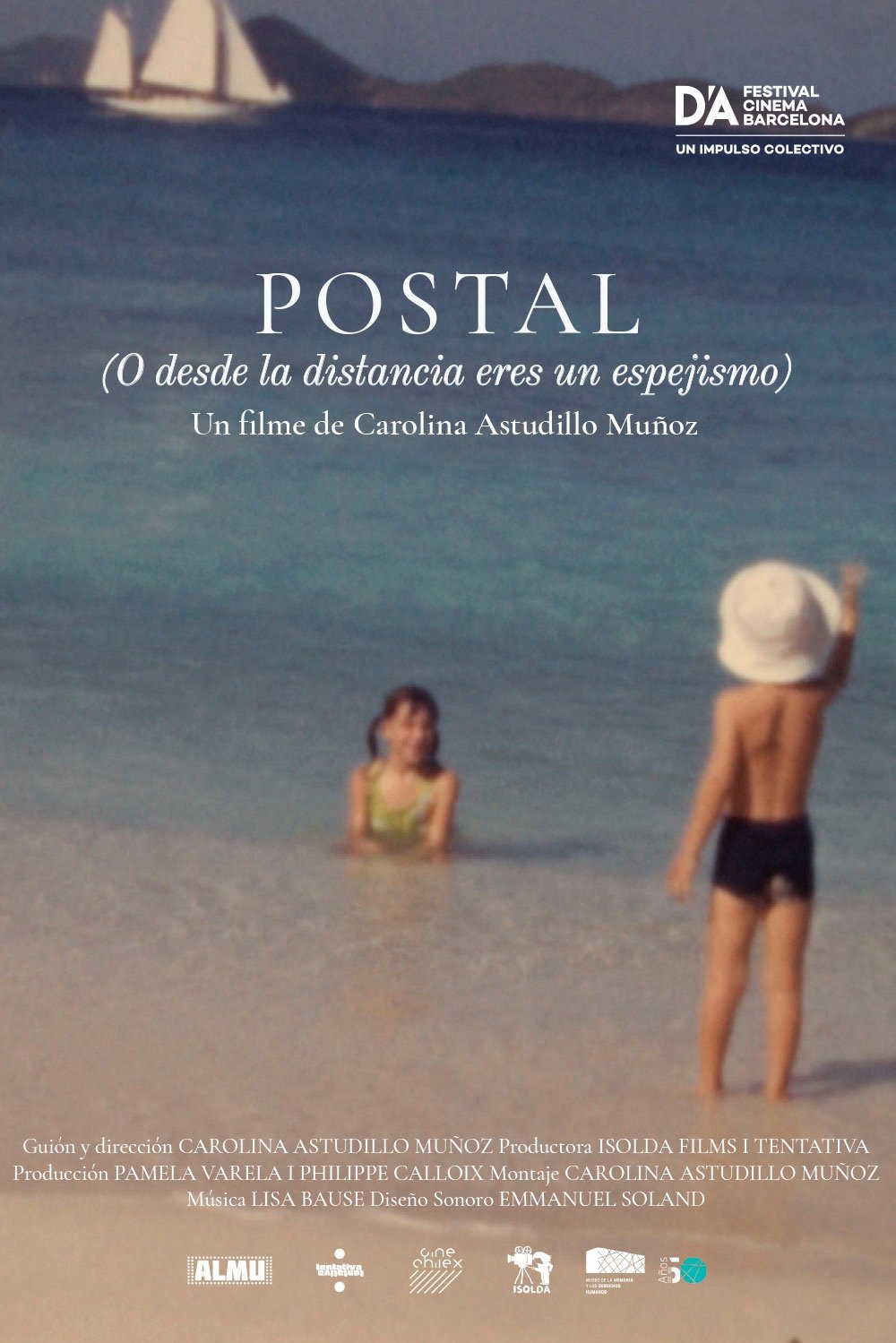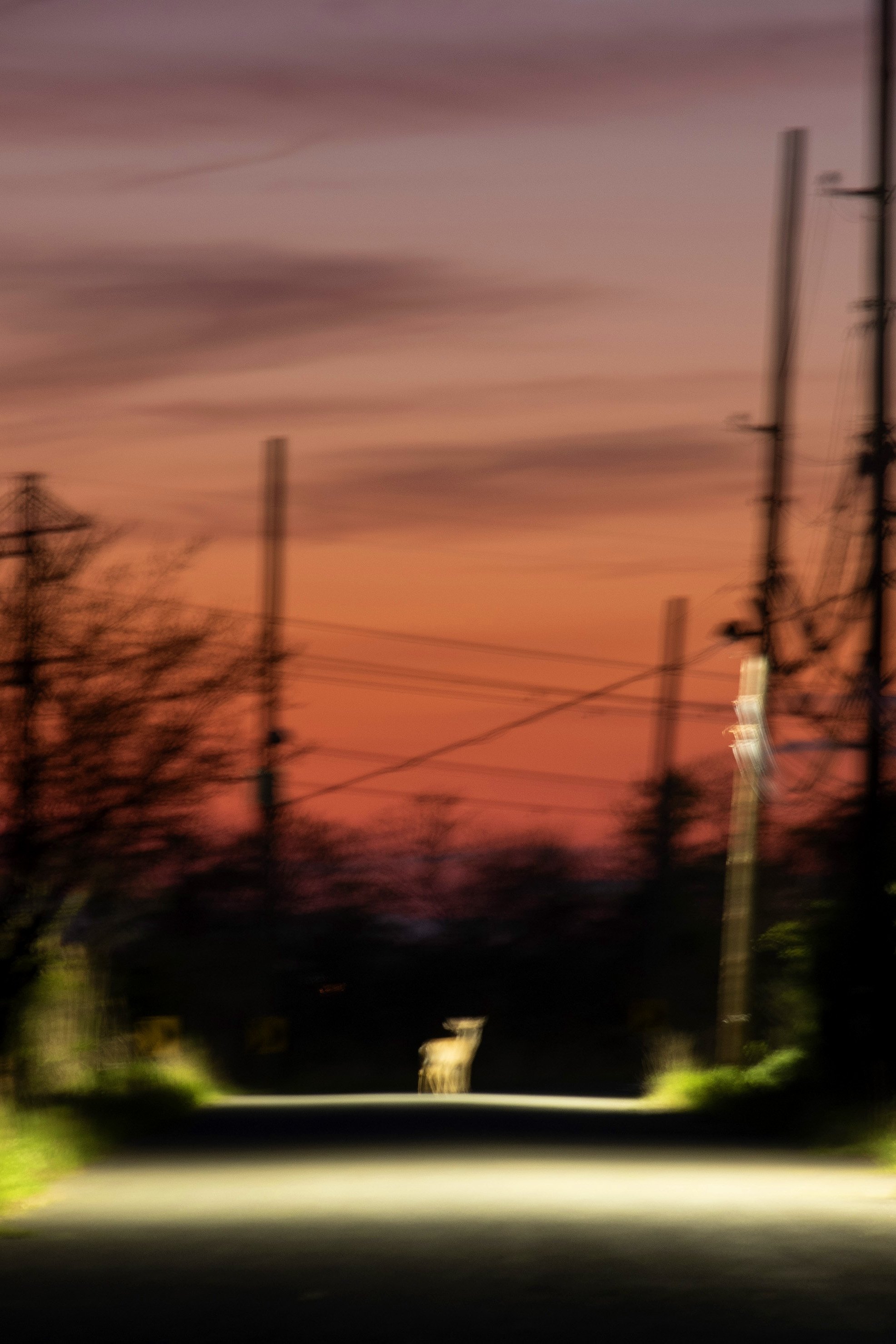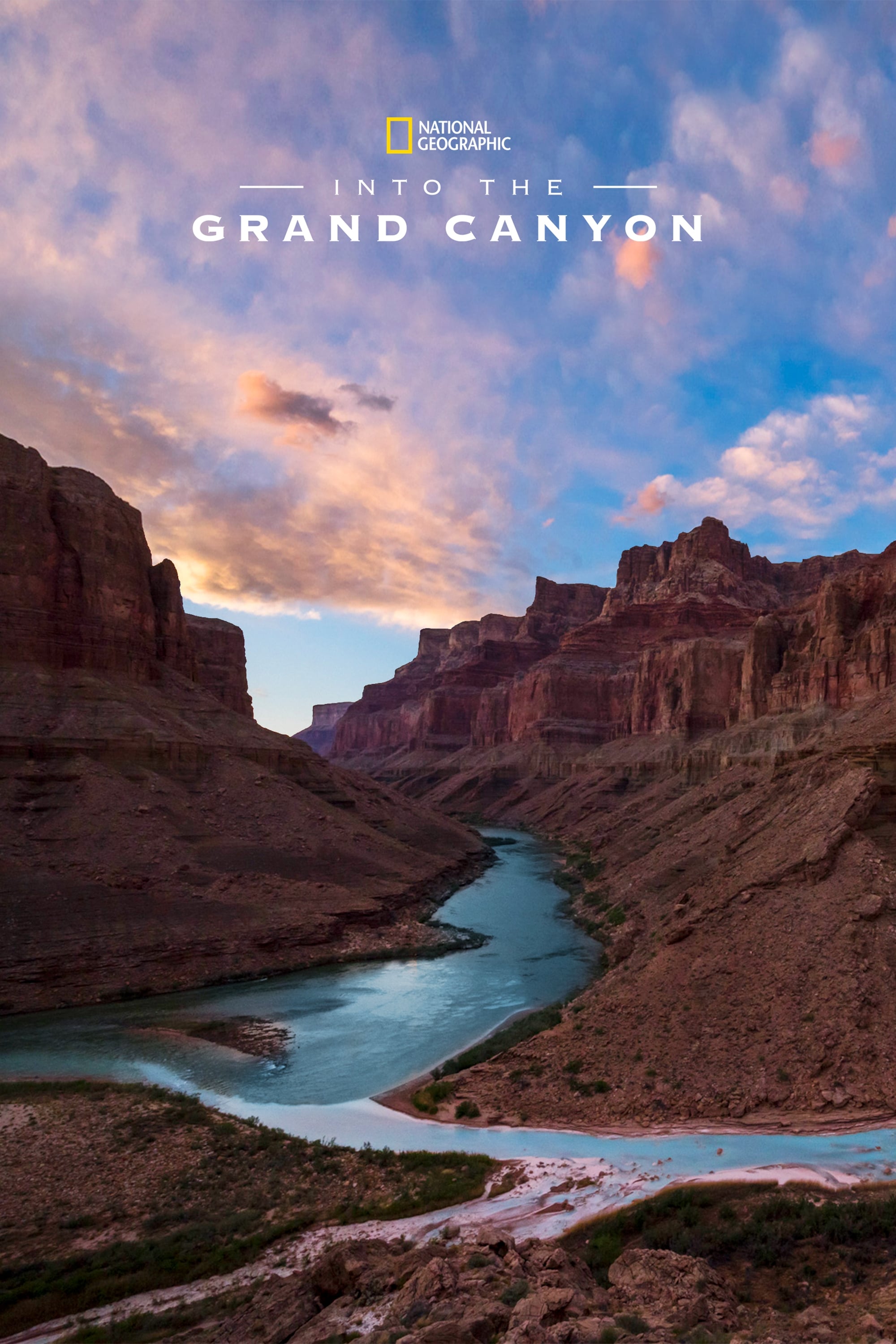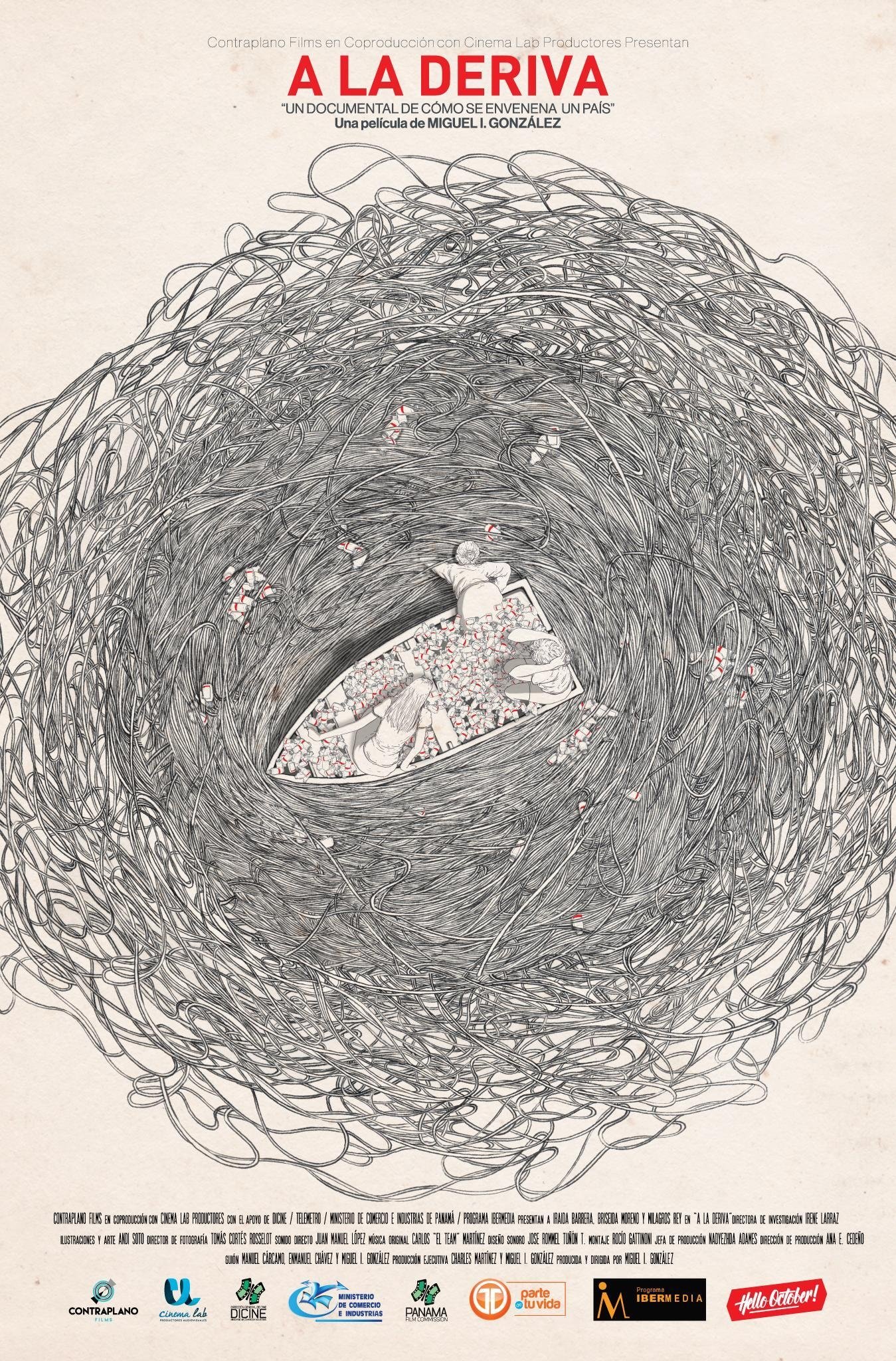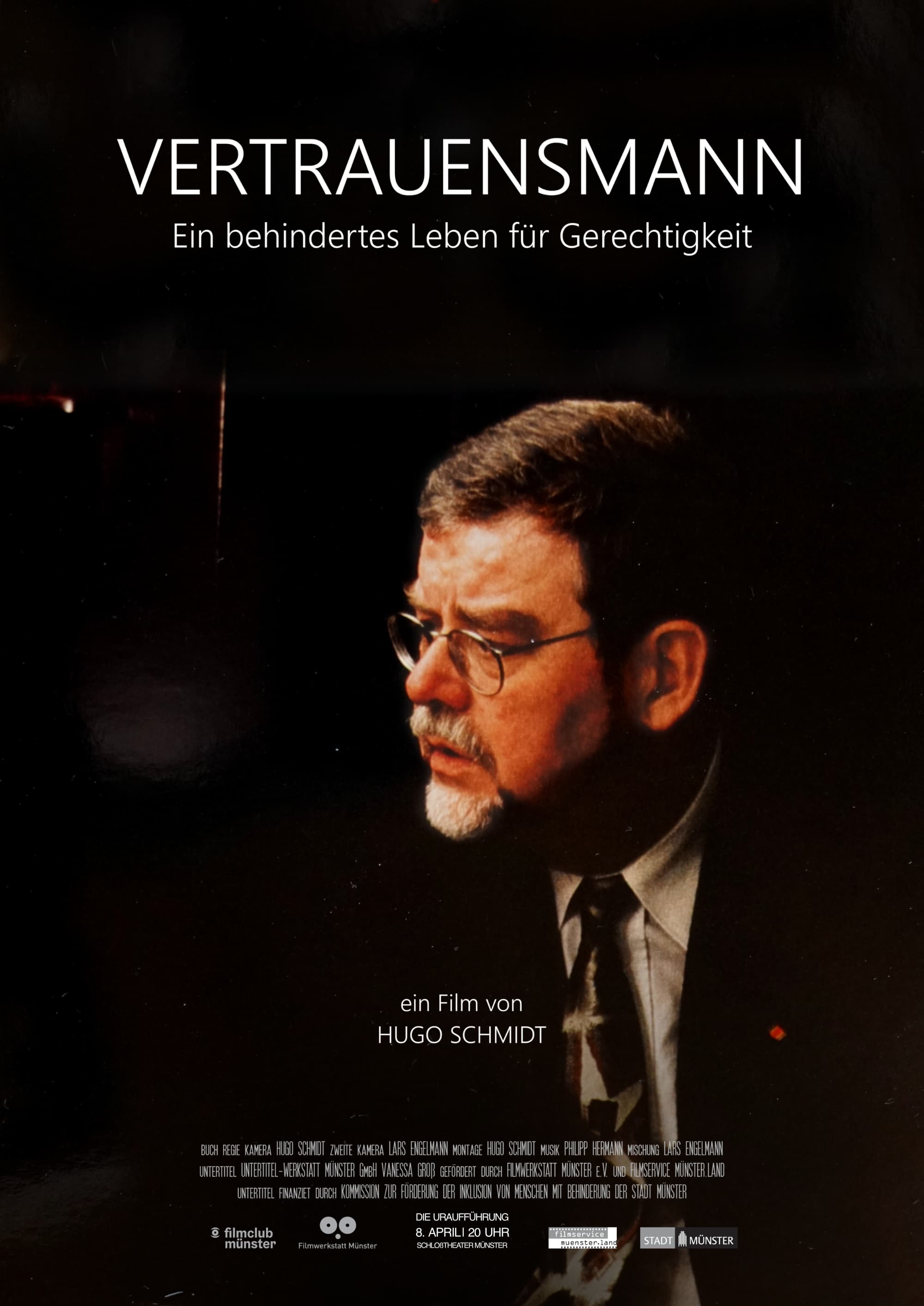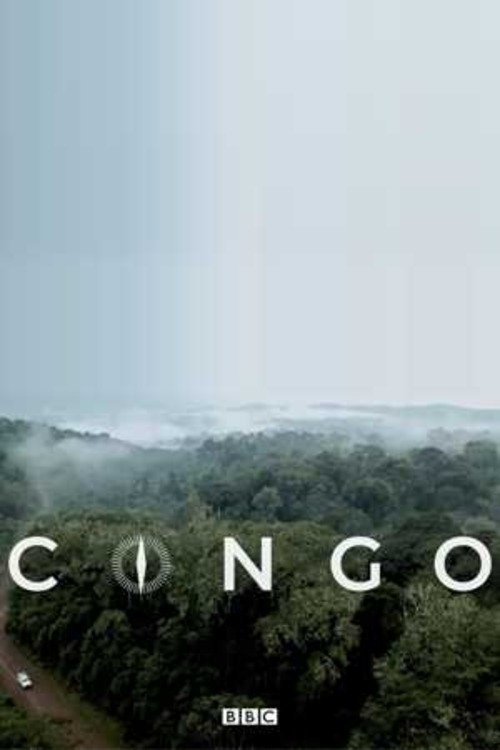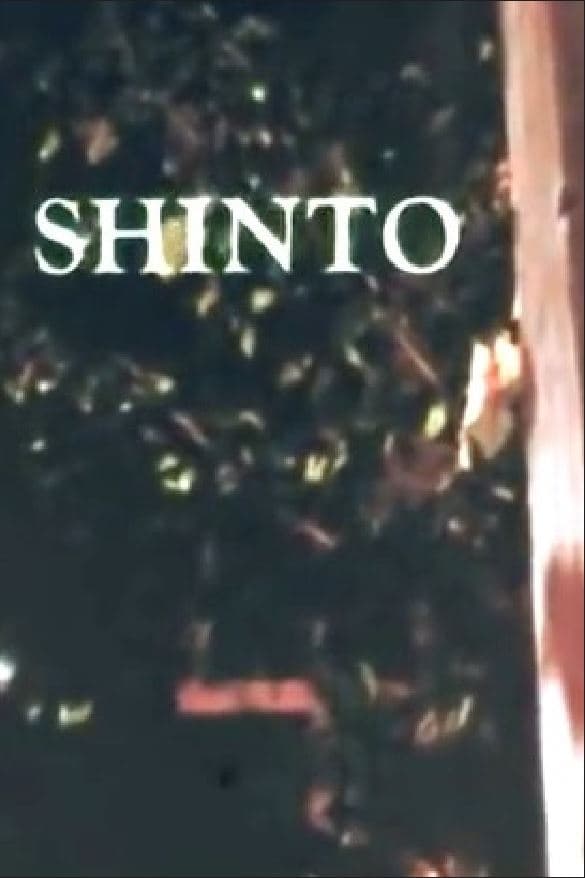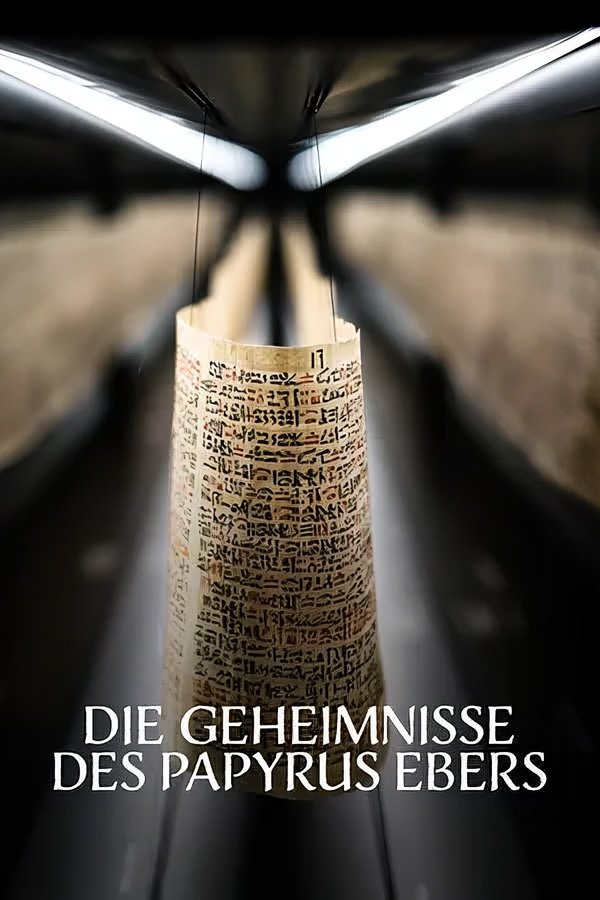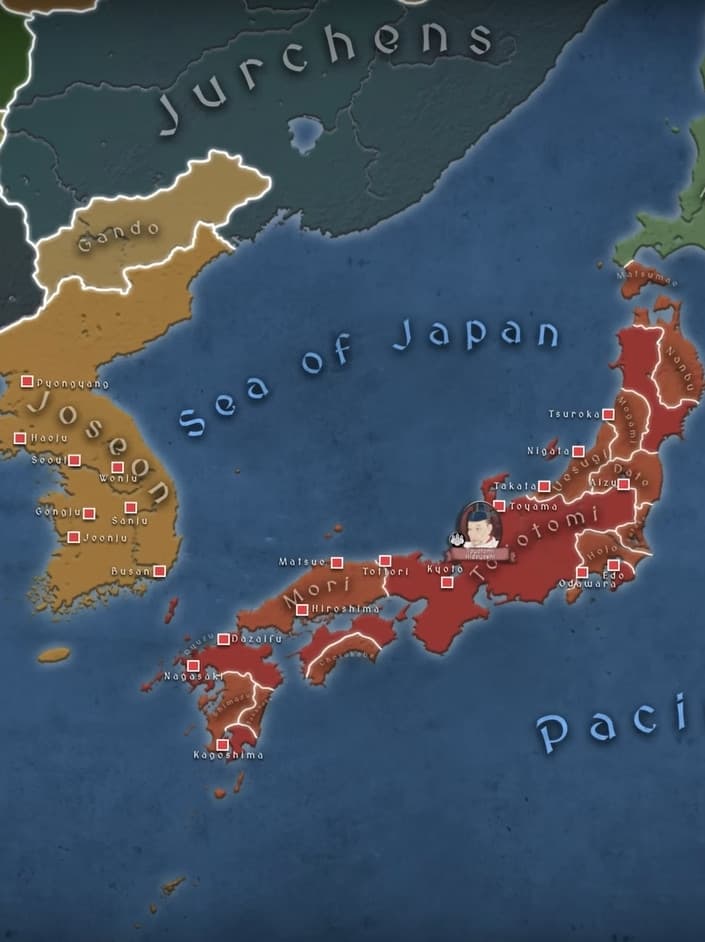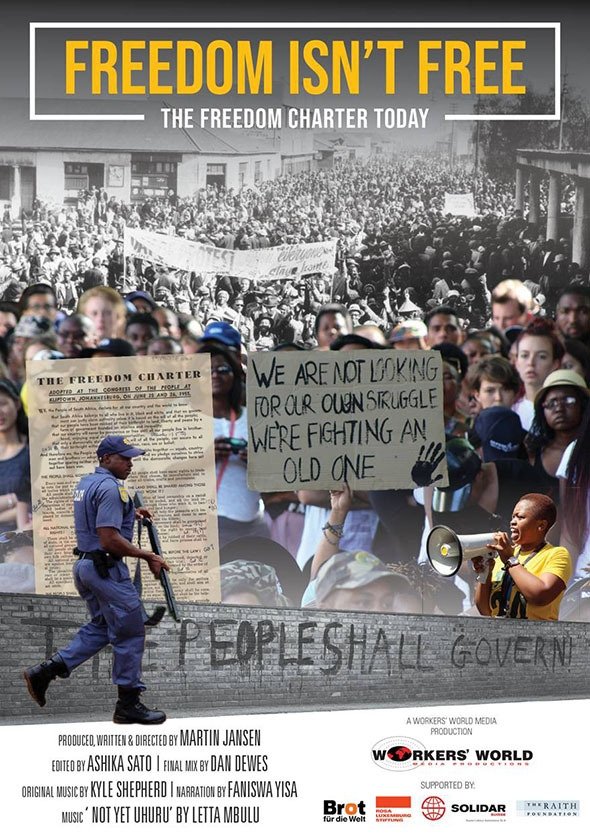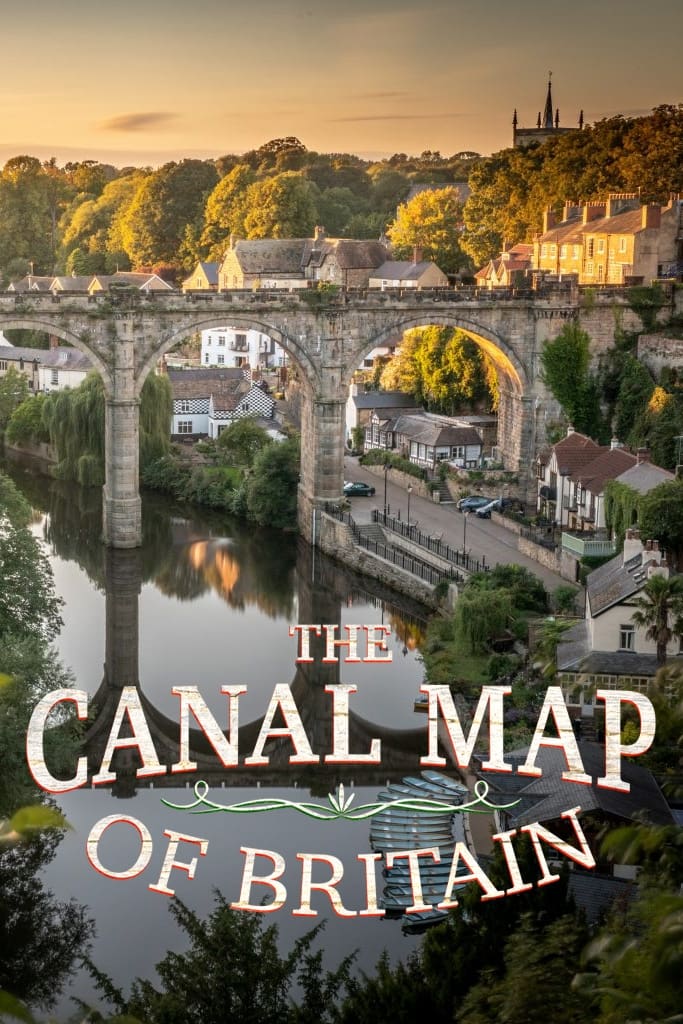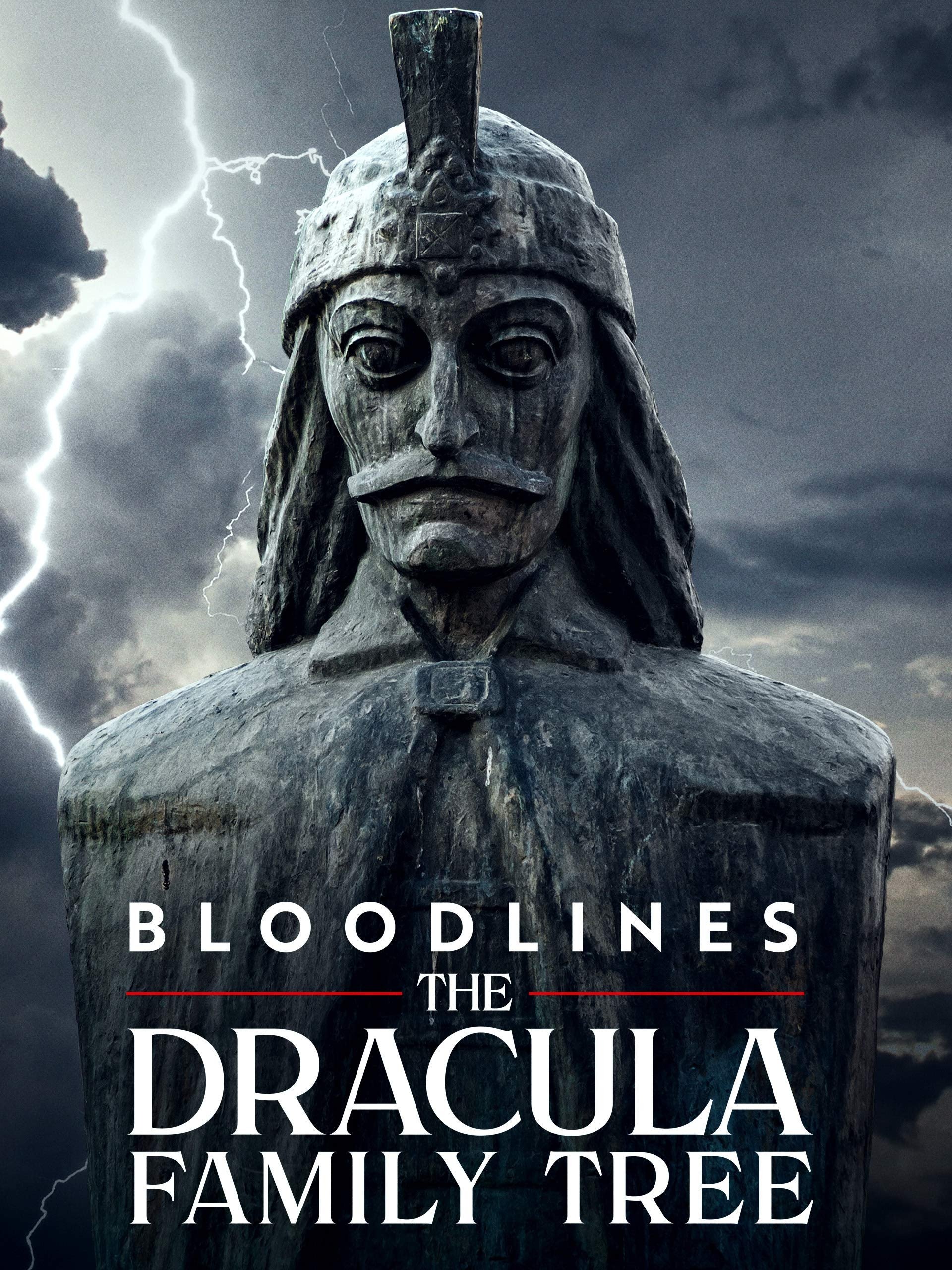Canto a la Patria que ahora nace (1972)
Overview
Based on a poem and archive images, the military aggression of the US army stationed in the Canal Zone against the Panamanian people who demand to raise their flag in the territory occupied since the beginning of the 20th century is reconstructed and denounced. The aggression that occurred between January 9 and 11, 1964 left a balance of 21 patriots.
Production Companies
Additional Info
| Budget | $0.00 |
|---|---|
| Revenue | $0.00 |
| Original Language | en |
| Popularity | 1.725 |
Directed By
Crew
Pedro Rivera
TOP CAST
Similar Movies
Concerning Violence
Concerning Violence is based on newly discovered, powerful archival material documenting the most daring moments in the struggle for liberation in the Third World, accompanied by classic text from The Wretched of the Earth by Frantz Fanon.
The Minoans
The mysterious island of Crete has always loomed large in imagination, as the home of the Minotaur -- that monstrous creature, half-man half-bull -- imprisoned in Daedalus' labyrinth. Before Crete collapsed in fire and violence, it gave birth to Europe's first civilization nearly 5,000 years ago, and boasted an advanced, prosperous Mediterranean civilization with hinged doors, flush toilets, and magnificent palaces. How did the Minoans live, and what brought this great society to such a sudden, obscure end? Modern archeology offers new insights into the everyday life in Minoan culture, and tantalizing clues about its tragic destiny.
The Cowboy Capital
Bandera, Texas (THE COWBOY CAPITAL OF THE WORLD) is a captivating documentary that explores the vibrant history, unique culture, and enduring values of the small town of Bandera, Texas.
Milton Santos, Pensador do Brasil
The interview, held on January 4, 2001, was the last given by Professor Milton Santos, who died from cancer on June 24 of the same year. The geographer is gone, but his thoughts remains. Its political and cultural ideals inspire the debate on Brazilian society and the construction of a new world. His statement is a true testimony, a lesson that the world can be better. Based on geography, Milton Santos performs a reading of the contemporary world that reveals the different faces of the phenomenon of globalization. It is in the evidence of contradictions and paradoxes that constitute everyday life that Milton Santos sees the possibilities of building another reality. He innovates when, instead of standing against globalization, proposes and points out ways for another globalization.
Postcard (Or, from afar, you are a mirage)
"The palm trees on the reverse are a delusion; so is the pink sand". This line, taken from a poem by Margaret Atwood, lights the path traced in "Postcard". As the years go by, landscapes transform, take on new meanings, and hold onto joys that will never be regained. The sea and the beach, once stages of happy summers, romances, and encounters, will turn into concentration camps or centers of detention and torture. This occurs across different times and places. In this piece, I embark on a journey through some of my works that explore the relationship between testimony, spaces, and time, engaging in dialogue with the beautiful film directed by Alejandro Segovia in 1972.
Specters of Watch Oak
Mariners Marsh, Bloomfield, Watchogue, Old Place. History, mythology, nature, anthropogenic industry, and digitally-demarcated landscape collide in the salt meadows and brownfield beaches of northwestern Staten Island. A human-haunted nature film. All stories are ghost stories. Narration drawn from the writings of Staten Island's preeminent historian, naturalist, and mythographer William T. Davis (1862 - 1945).
Into the Grand Canyon
Two journalists traverse the Grand Canyon by foot, hoping this 750-mile walk will help them better understand one of America's most revered landscapes and the threats poised to alter it forever.
Vertrauensmann
How do you find your place in an ableist world as a person with a disability? Disabled Hugo Schmidt talks to the almost 90 year old Franz-Josef Sauer, who was left with a walking impairment by a tuberculosis infection in his childhood. In the 1990s Sauer received the German Federal Cross of Merit for his achievements in the disabled community. As a public servant in Münster and Düsseldorf he worked on several projects which still benefit his disabled peers. Sauer and Schmidt discover that, although they were born almost 70 years apart, their paths in life are not that different from each other.
Congo: A Journey to the Heart of Africa
The Democratic Republic of the Congo is a vast, mineral rich country the size of Western Europe. Alastair Leithead takes an epic journey from the Atlantic Ocean to the far reaches of the Congo river to explore how history has shaped the Congo of today and uncover the lesser told stories of this beautiful, if troubled country. In the largest rainforest outside of the Amazon he comes face to face with its gorillas and hunts with pygmies, he travels into the heart of the Ebola outbreak with United Nations peacekeepers, and explores the cobalt mines which will drive our electric cars of the future.
Shinto: Nature, Gods, and Man in Japan
A documentary tracing the development of Shinto to the present day. Explores ancient ritual sites that are still used today, as well as major shrines and great works of Shinto religious art.
Imjin War - Japanese Invasion of Korea 1592-1598
Kings and Generals animated historical documentary series on the history of Japan continues with an episode episode on the Imjin War - the Japanese Invasion of Korea between 1592 and 1598, during which the armies of the Shogunate fought against the allied Korean and Chinese armies. This conflict is famous for many dramatic battles and sieges, and the naval heroics of the Korean admiral Yi Sun-sin.
Freedom Isn't Free — The Freedom Charter Today
Since its adoption in June 1955 by the Congress movement, the Freedom Charter has been the key political document that acted as a beacon and source of inspiration in the liberation struggle against Apartheid. It was reputedly the main source that informed democratic South Africa’s liberal constitution and a constant reference point for the ruling African National Congress (ANC) and rival political parties that it spawned since 1994, all claiming the Freedom Charter’s legacy. Freedom Isn’t Free assesses the history and role of the charter, especially in relation to key political and socio-economic aspects of developments in South Africa up to the present period. It includes rare archival footage with interviews of a cross-section of outspoken influential South Africans.
The Canal Map of Britain
A look at Britain's beloved canal network via a fact-filled cruise along the first superhighways of the Industrial Revolution. In the age before mechanisation, a frenzy of canal-building saw a new army of workers carve out the British landscape, digging out hundreds of miles of waterways using picks, shovels and muscle.
Remember
This short documentary produced by the University of Oregon Multimedia Journalism graduate program explores memories of Portland's Japantown – Nihonmachi – and the thriving Japanese American community in Oregon prior to World War II. The film features Chisao Hata, an artist, teacher and activist, and Jean Matsumoto, who was incarcerated at the Portland Assembly Center and in the Minidoka concentration camp as a child.
The Third World
For nine months in 1930, seven Bretons, lobster fishermen, were "forgotten" on a volcanic island by their employers, Normans from Le Havre, heirs of the last French whalers. Four employees would die on the spot. Their descendants today revive the memory of this human tragedy which also struck 42 Madagascans. Starting from a sordid social conflict, the documentary shows that the “Forgotten Saint Paul” mark the end of an era of “colonization”, a term rarely used for the French Southern Territories, but nevertheless close to reality. This is the story of the Third World, as its discoverer, Yves de Kerguelen, named it.
Bloodlines: The Dracula Family Tree
Almost 30 years ago, two scholars from Boston revealed the historical truth behind the legendary vampire known as Dracula. For the first time, their 15-year research demonstrated the link between Bram Stoker's infamous vampire and a 15th century prince named Vlad Tepes, or "Vlad the Impaler."

